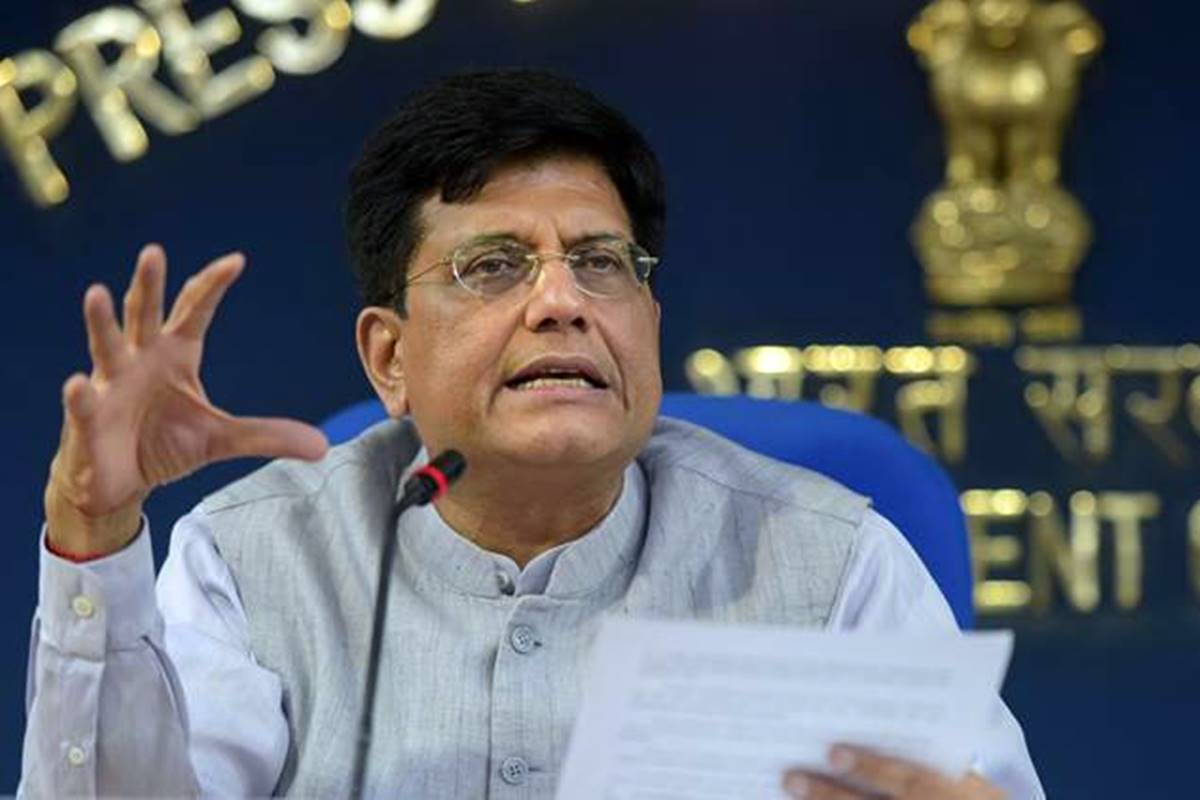NEW DELHI, Oct 12: Commerce and Industry MInister Piyush Goyal on Tuesday called for waiver of Intellectual Property Rights (IPR) in World Trade Organisation (WTO) and dismantling new trade barriers in the global fight against the COVID-19 pandemic.
In October 2020, India and South Africa had submitted the first proposal, suggesting a waiver for all WTO members on the implementation of certain provisions of the Trade-Related Aspects of Intellectual Property Rights (TRIPs) Agreement in relation to the prevention, containment or treatment of COVID-19.
In May this year, a revised proposal was submitted by 62 co-sponsors, including India, South Africa, and Indonesia.
The agreement on TRIP came into effect in January 1995. It is a multilateral agreement on intellectual property (IP) rights such as copyright, industrial designs, patents and protection of undisclosed information or trade secrets.
“Our response to the pandemic needs to ensure equitable access to vaccines and other COVID-19 related health products by ensuring quick resolution of the supply side constraints. One of the ways to demonstrate this is by accepting the TRIPS waiver proposal,” Goyal said, in his address to the G20 Trade and Investment Ministerial Meeting in Naples, Italy.
He also pitched for actively resolving new trade barriers like vaccine differentiations or COVID passports, which impose mobility restrictions and impede the movement of personnel needed for delivering critical services.
“COVID-19 crisis is a powerful reminder of our inter-connectedness, and the need for a coordinated global strategy to overcome such an unprecedented public health situation,” he said.
The minister also said that besides focusing on facilitating free flow of goods, G20 countries should make health services accessible and more affordable by the citizens of the world by enabling free flow of health services.
Commenting on the ongoing talks in WTO about fisheries subsidies, Goyal said countries engaged in distant water fishing should stop subsidizing their fishing in high seas and gradually reduce their fishing capacities, particularly, for overfished stocks.
“To achieve balanced outcomes in fisheries subsidies, policy space for the future is a must, not only to protect the livelihoods of poor and marginal fishermen and address the food security concerns but also to diversify, modernise and develop the fisheries sector, ” he said.
Further he urged the G20 members to fulfil their commitments regarding Transfer Of Technology and climate finance, which are far from being fulfilled by the developed countries.
“India has consistently maintained that environmental/ sustainability measures need careful assessment to ensure that they do not become new trade barriers and the right forum for them is the dedicated Multilateral Environ-mental Agreements,” he said.
On the sidelines of the G20 Trade Ministers Meeting, the minister held bilateral meetings with the Director General of the WTO, US, UK, EU, Brazil, China, Australia, South Africa, Indonesia, Canada, South Korea and Mexico.
“Historical wrongs against developing countries must be corrected rather than being carried over,” he said.
In his meetings with the Canadian minister, he discussed steps to take forward the free trade agreement negotiations with the newly elected government while he called upon his South Korean and EU counterparts to accelerate review of the FTA. (PTI)


